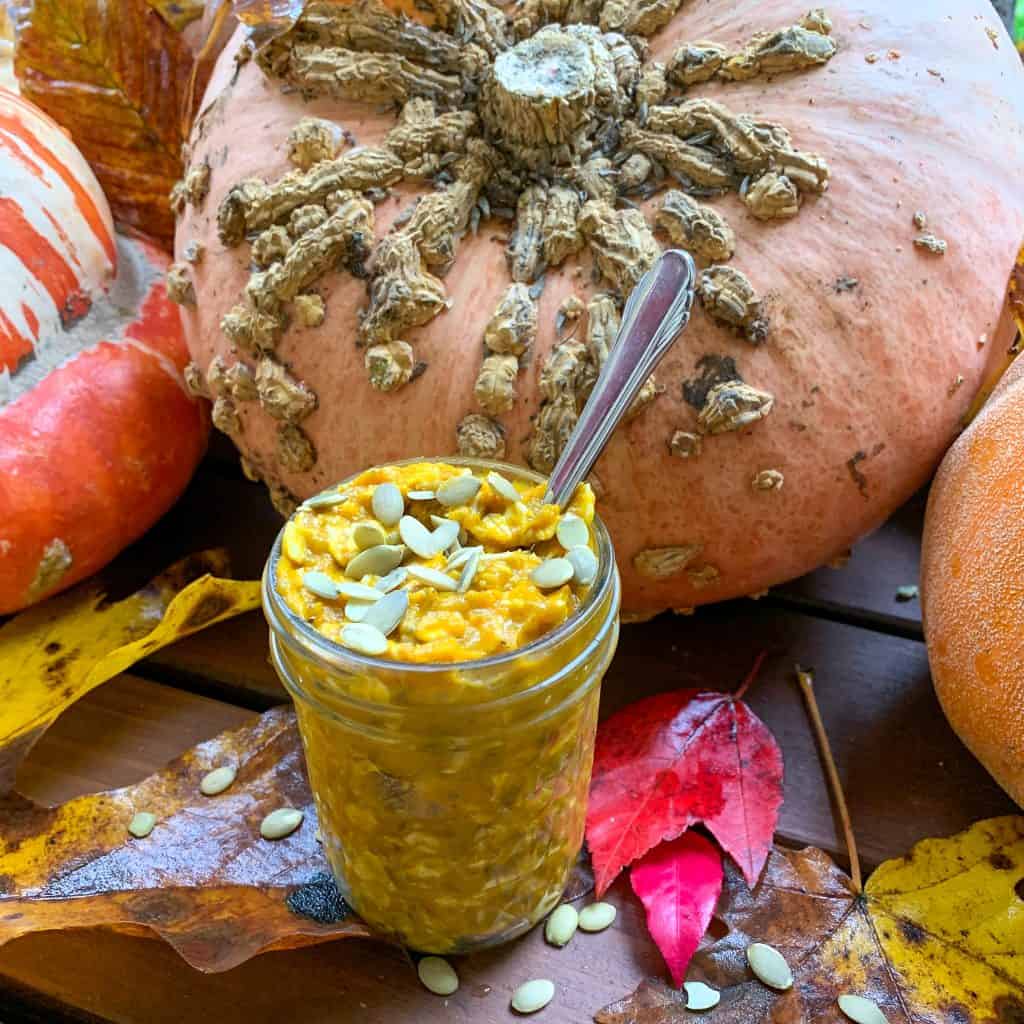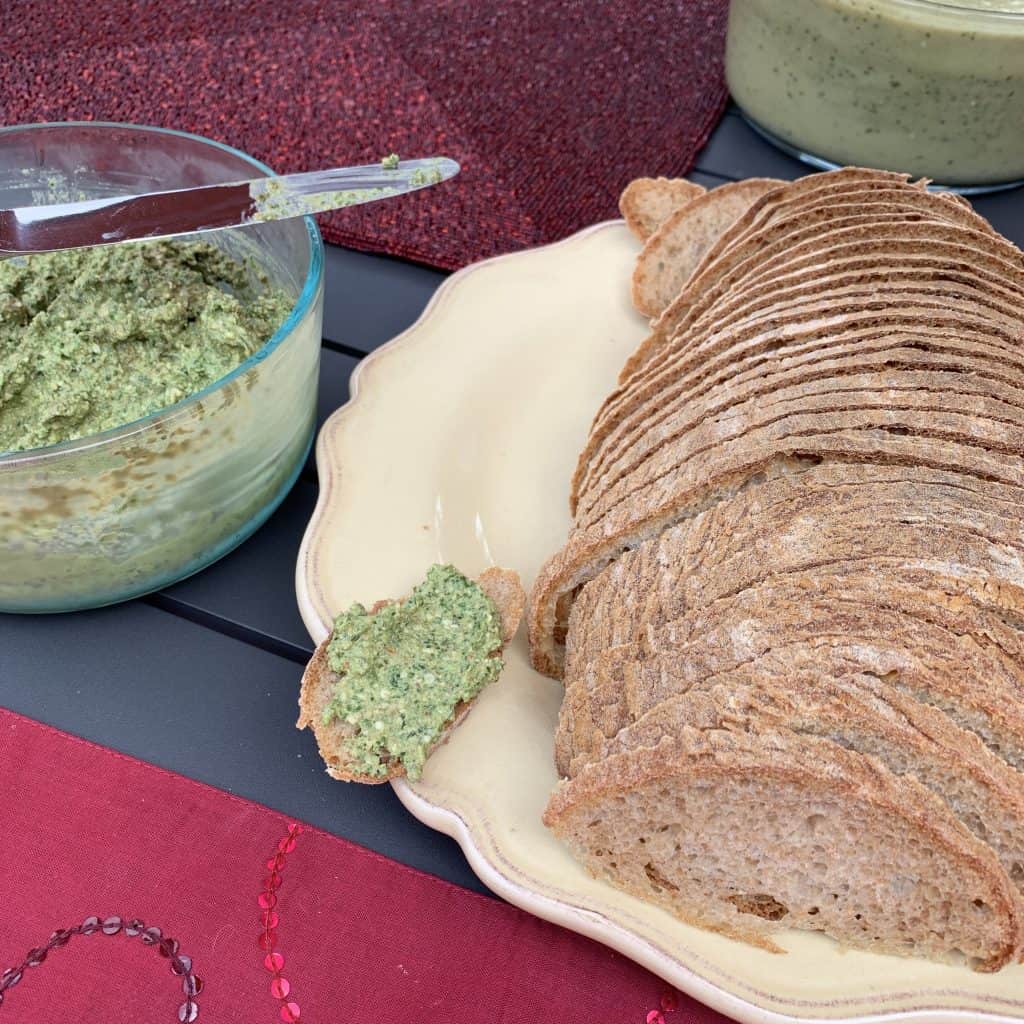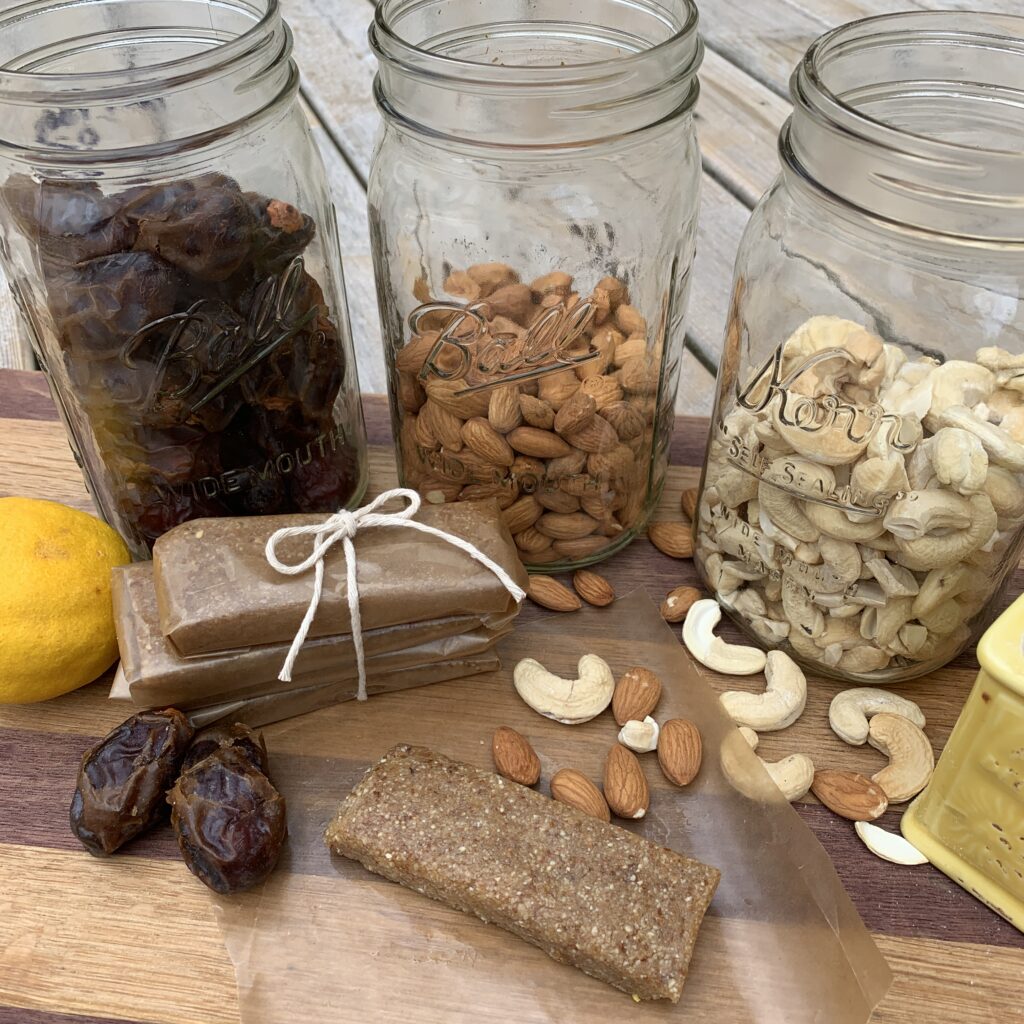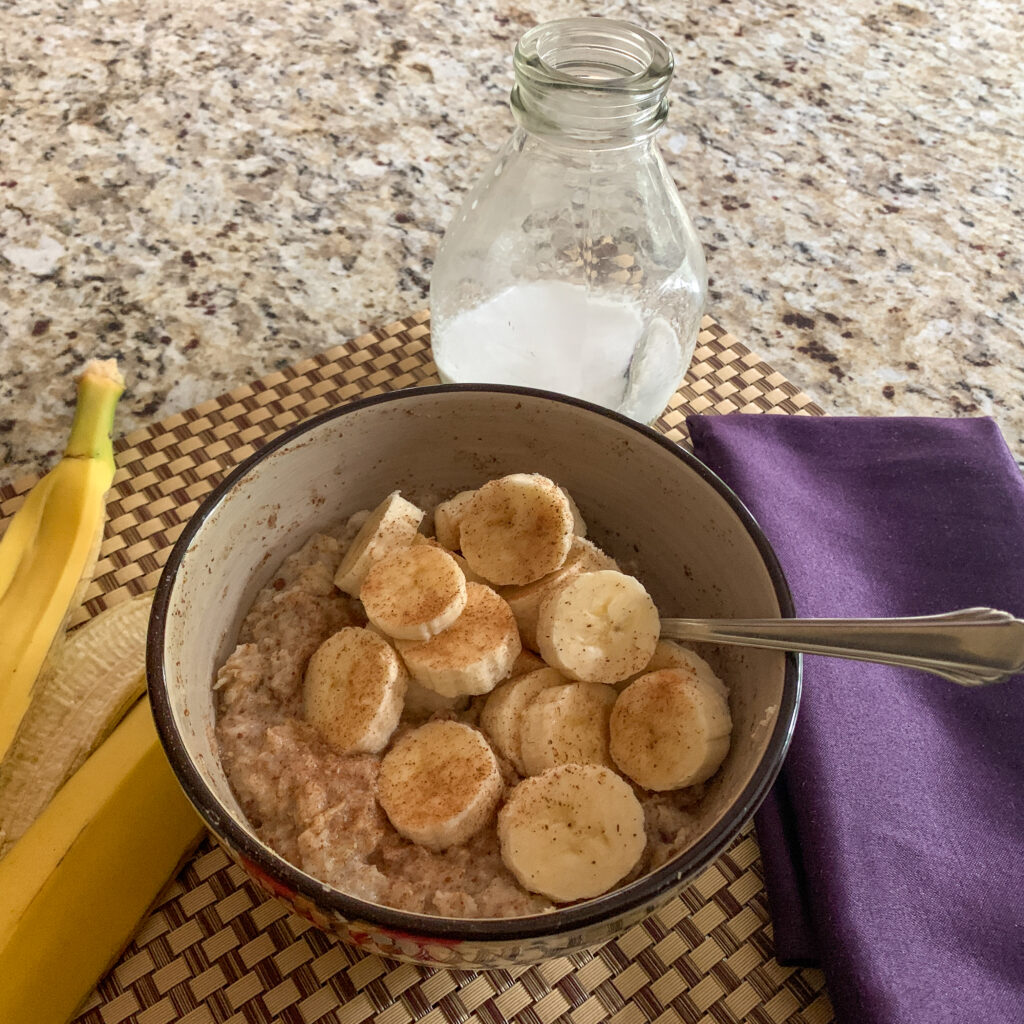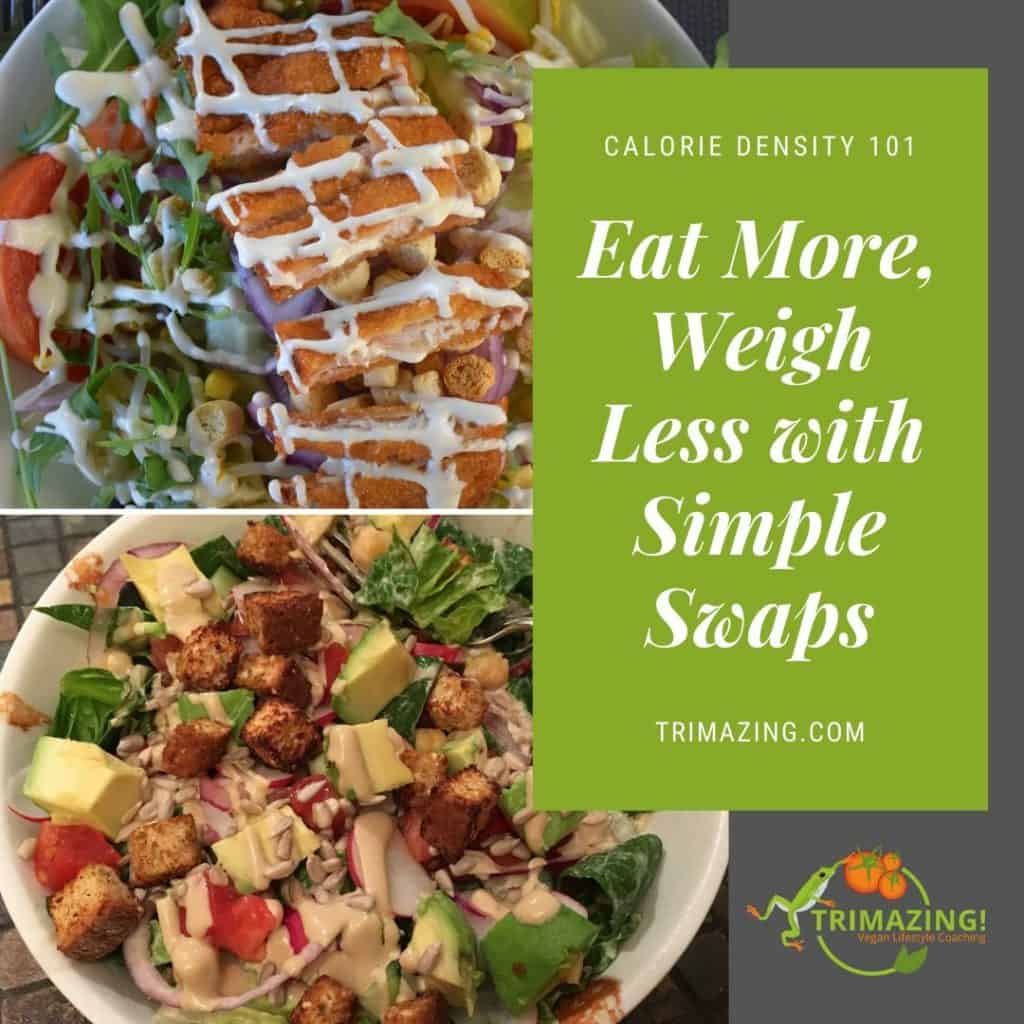Why I Don’t Eat Oil
One of the most shocking things people find out when they ask about how I eat is that we don’t use oil, of any kind, at all. I used to, even when I first switched to eating plant-based, but after presented with the evidence-based science, we eliminated added refined oils from our food. There are a lot of reasons not to consume oil. Whether plant-based or not, oil is full of calories, highly refined, and presents some significant health impacts.
Empty Calories
As I wrote in Don’t Be so Dense, oil is extremely high in calories and low in nutrition. Fat contains 9 calories per gram, and that’s true for all fats, including all oils, butter, lard, etc. That doesn’t sound like much, but a gram is about the weight of a paperclip, super small. But extrapolate that out into measurements we can relate to and you find that a single tablespoon of oil contains 120 calories! Now think back to the last time you poured oil into a skillet to sauté some nice healthy veggies…pouring from the bottle, you probably got about 2-3 tablespoons in your pan, 360 empty calories. Meal after meal with just a little bit of oil adds up to a whole lot of calories over the course of a day! I don’t know about you, but I’d much rather eat 120 calories of something delicious that’s going to fill me up rather than 1 tablespoon of fat!
Highly Processed and Refined
All oils are highly processed and refined. In fact, vegetable oils were not even really in our food until after the 1900s because we lacked tools and technology to process things like cotton and safflower seeds, etc. Vegetable oil came out of the need to deal with the glut of waste cottonseed available in the US and was used to make soap. This all changed when Proctor and Gamble discovered they could solidify cottonseed oil by adding hydrogen to it (hydrogenated oil) and instead of using it in their soap, marketed it as an alternative to lard, known as Crisco.
Did you know it takes 1 ton of olives to make 30 gallons of olive oil?!?!? For every gallon of olive oil produced, 38 pounds of olive pulp is leftover. The olive pulp is where all of the fiber and nutrition is.

While 20 olives don’t make 1 tablespoon of olive oil, you can see the impact removing fiber has on fat content.
This holds true for other oils as well. Vegetable oil, coconut oil, palm oil, grape seed oil, and on and on and on are all highly processed and stripped of any nutrients present in the original product. However, pressing oil out of plants is not the end of the oil-making process. Caustic sodas, bleach, and deodorizers are added to remove water and other impurities so the oil is clear, pleasant-smelling, and has a longer shelf life.

Oil separated from olive pulp and fiber. Note the color, further processing and refinement is required to make it the clear oil you are familiar with.
Beyond losing fiber and being pure fat, two types of fats are particularly troublesome: trans fats and saturated fats. Trans fats are found naturally in animal fat and most commonly artificially made by adding hydrogen to liquid plant fats to make them solid at room temperature. Saturated fats are natural fats found in animal fat (and all animal-based foods) and some plant fats (coconut or palm oils, vegetable shortening) and are also solid at room temperature. These two fats, saturated and trans, contribute to increased cholesterol levels. This is why animal fats and coconut oil are not considered health foods.
Inflammatory
Oils are very unstable. Imagine what an old bottle of oil smells like when you open it up and take a sniff. It’s gone rancid. This occurs when the chemical bonds of the oil molecules break down, most commonly due to exposure to oxygen. This doesn’t just happen in a bottle on the shelf, it happens when exposed to oxygen molecules in your body. This is oxidation. When this occurs in your body, these affected oxygen molecules turn into free radicals, leading to inflammation and oxidative damage throughout your body.
Cardiovascular Disease
Dietary fat, whether animal- or plant-based, saturated or unsaturated, has a direct effect on cardiovascular health. The fat you consume ends up in your bloodstream (blood with high levels of fat even look cloudy). This fat winds up in the liver, muscle, and brain cells (stored as cholesterol), but also sticks to the walls of blood vessels. A single layer of endothelial cells line the inside of all blood vessels and is responsible for dilation (widening) and constriction (narrowing) of the vessel, necessary for adjusting blood flow. Fat sticks to endothelial cells, preventing normal function (think about just how sticky that bottle of oil gets over time—that’s happening inside your blood vessels too!). Covered with fat, this cell layer gets stiff and the vessel can’t adjust properly.
Beyond interfering with function, fat molecules attract more fat molecules to cling to them, causing a build-up of plaques, known as atherosclerosis. These plaques further narrow vessels, get inflamed, crack, and cause blood clot formation or break off, both of which can block vessels. This doesn’t just occur in your heart vessels (causing angina or heart attack), it happens in vessels all over your body, including your brain (stroke). According to the Physicians Committee for Responsible Medicine, a single high-fat meal can cause inflammation, oxidative stress, and arterial stiffness lasting up to six hours. Just in time for your next meal!Mediterranean Diet?
But wait, what about olive oil and the health benefits of the Mediterranean diet? Studies have shown that when compared to the Standard American Diet full of saturated animal-fat and lacking sufficient fiber, the plant-and grain-centric Mediterranean diet with lower amounts of olive oil did show health benefits. However, cardiovascular disease was still present and benefits of a Mediterranean diet pale when compared to a low-fat, whole food, plant-based diet. The health benefit of the Mediterranean diet is due to the increased consumption of plant-based foods and decreased saturated animal-fat from the Standard American diet, not the olive oil. It’s all a matter of what was compared to what. For example, a study could say that drinking out of a mud puddle is ok…when compared to drinking out of a septic tank! Oil, including olive oil, is not part of a healthy diet.
Type II Diabetes
The connection between fat and blood sugar wasn’t understood until the development of MRI devices only a few decades ago. Fat blocks the normal response that allows glucose to pass from the bloodstream into liver and muscle cells, the cells that specifically need glucose. This is known as insulin resistance. There is enough insulin, it is binding to receptors in the cell walls to signal glucose channels to open, however fat in the cells interferes with the next steps of the process, preventing glucose from entering the cell. Insulin is a key that opens a door in the cell wall to allow glucose inside. With the presence of high fat inside the cell, the insulin fits just fine into the lock, but fat keeps the key from working to unlock the door. This leads to high sugar levels in the bloodstream (high blood sugar) as glucose continues to circulate in the bloodstream rather than entering the cells that need it, and low sugar levels in the cells (hypoglycemia). Sugar, carbs, fruit are NOT the problem in Type II Diabetes, dietary fat, in particular saturated fat is. By reducing fat consumption, you reduce the amount of fat in liver and muscle cells and allow insulin to do its job to let glucose into the cell!
Here’s a short video illustrating how this occurs. I highly recommend watching this for full understanding and to see just how fast this can occur (and reverse)!
What Causes Insulin Resistance?
Prediabetes and type 2 diabetes are caused by a drop in insulin sensitivity blamed on “intramyocellular lipid,” the buildup of fat inside our muscle cells. New subscribers to our e-newsletter always receive a free gift.
Don’t We Need Fat?
Yes, our bodies do need fat, it performs a lot of important functions. However, whole plant foods give you the fat you need, perfectly packaged with fiber and nutrients, without cholesterol, inflammatory agents, and chemicals you don’t! Our bodies are perfectly designed to make short chain fatty acids, cholesterol, and omega-3s in the amounts we need from plants, which, incidentally, is the same place that animals get them. Cooking oils have high levels of omega-6 fatty acids, way more than we need, which interferes with our body’s ability to synthesize omega-3 fatty acids. So cut out the middle man and go right to the plant source!
I hope this post helped clear up why we don’t eat oil. Whole food, plant-based eating gives your body all the fuel it needs. Refined and processed products, especially oil, aren’t food, they are manufactured food-like substances that have deleterious effects on our bodies.
Next week I’ll share practical tips and tricks for actually cooking without oil, including sauté, roasting, baking, and making dressings and sauces. And check out my upcoming classes where I teach how to cook without oil in every single class!
Do you like this post? Please share....
[mashshare]
If you liked this post, you might like one of these:
Categories:
Tags:

[Trī-māz-ing]
Cindy wants you to be Trimazing—three times better than amazing! After improving her health and fitness through plant-based nutrition, losing 60 pounds and becoming an adult-onset athlete, she retired from her 20-year firefighting career to help people just like you. She works with people and organizations so they can reach their health and wellness goals.
Cindy Thompson is a national board-certified Health and Wellness Coach, Lifestyle Medicine Coach, Master Vegan Lifestyle Coach and Educator, Fitness Nutrition Specialist, Behavior Change Specialist, and Fit2Thrive Firefighter Peer Fitness Trainer. She is a Food for Life Instructor with the Physicians Committee for Responsible Medicine, Rouxbe Plant-Based Professional, and Harvard Medical School Culinary Coach, teaching people how to prepare delicious, satisfying, and health-promoting meals.
She provides health and lifestyle coaching at Trimazing! Health & Lifestyle Coaching. Cindy can be reached at info@trimazing.com.
Subscribe to the Trimazing Blog
Receive occasional blog posts in your email inbox.
Subscribe to the Trimazing Blog
Receive occasional blog posts in your email inbox.








